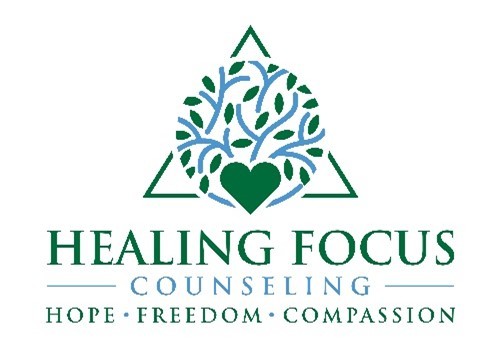Compassionate and Evidence-Based Trauma Therapy Supporting Individuals in Sandy, UT
Trauma can leave a lasting impact, making it difficult to feel at peace. When that happens, it’s time for professional intervention. At Healing Focus Counseling, we specialize in trauma therapy, offering compassionate and evidence-based support to help individuals in Sandy, Utah, process and recover from distressing experiences. Whether you’ve been through a single traumatic event or ongoing challenges, our skilled therapists are here to provide the tools and understanding you need to heal and reclaim your life.
Understanding the Harsh Truth of Trauma
Most people encounter trauma at some point in their lives. While many individuals recover with time, supported by the love and care of family and friends and demonstrating resilience, others may experience enduring effects. These effects can lead a person to suffer from deep emotional pain, fear, confusion, or post-traumatic stress long after the traumatic event has ended. In such situations, the guidance of counseling for trauma with a trauma therapist becomes crucial to overcoming your past and healing.
Trauma manifests through various symptoms categorized by the DSM-5:
Avoidance Symptoms
- Avoiding specific locations, sights, situations, and sounds that serve as reminders of the event
- Feelings of anxiety, depression, numbness, or guilt
Re-experiencing Symptoms
- Persistent, unwanted thoughts, nightmares or flashbacks of the trauma
- Hyperarousal Symptoms
- Feelings of anger, irritability, and hypervigilance
- Engaging in aggressive or reckless behaviors, including self-harm
- Sleep disturbances
Negative Mood and Cognition Symptoms
- Loss of interest in previously enjoyable activities
- Difficulty recalling details of the distressing event
- Altered habits or behavior since the trauma
Extensive research supports psychotherapy as the most effective treatment for trauma, with cognitive behavioral therapy (CBT) and eye movement desensitization and reprocessing (EMDR) being the methods most often employed.
EMDR Therapy for Trauma
Eye Movement Desensitization and Reprocessing (EMDR) is regarded as one of the leading forms of trauma therapy. Using guided eye movements or another type of bilateral stimulation, EMDR helps the brain reprocess distressing memories to reduce their emotional intensity. This method is particularly beneficial for individuals struggling with PTSD, anxiety, or other trauma-related symptoms. At Healing Focus Counseling, we create a safe, supportive environment where clients can achieve lasting relief.
CBT for Trauma Recovery
Cognitive Behavioral Therapy (CBT) is another evidence-based approach commonly used in counseling for trauma. CBT helps clients identify and challenge negative thought patterns. By developing healthier ways of thinking, individuals can regain control over their emotions and learn to cope. Our trauma therapists work closely with clients to develop practical strategies that foster growth and healing, enabling them to move forward with confidence.
You Are More Than Your Trauma
Trauma may have defined your past, but it doesn’t have to define your future. Take the first step toward emotional recovery by scheduling a consultation for trauma therapy at Healing Focus Counseling. Our therapists in Sandy are dedicated to helping you find hope once more and guiding you toward a brighter, more fulfilling future!

